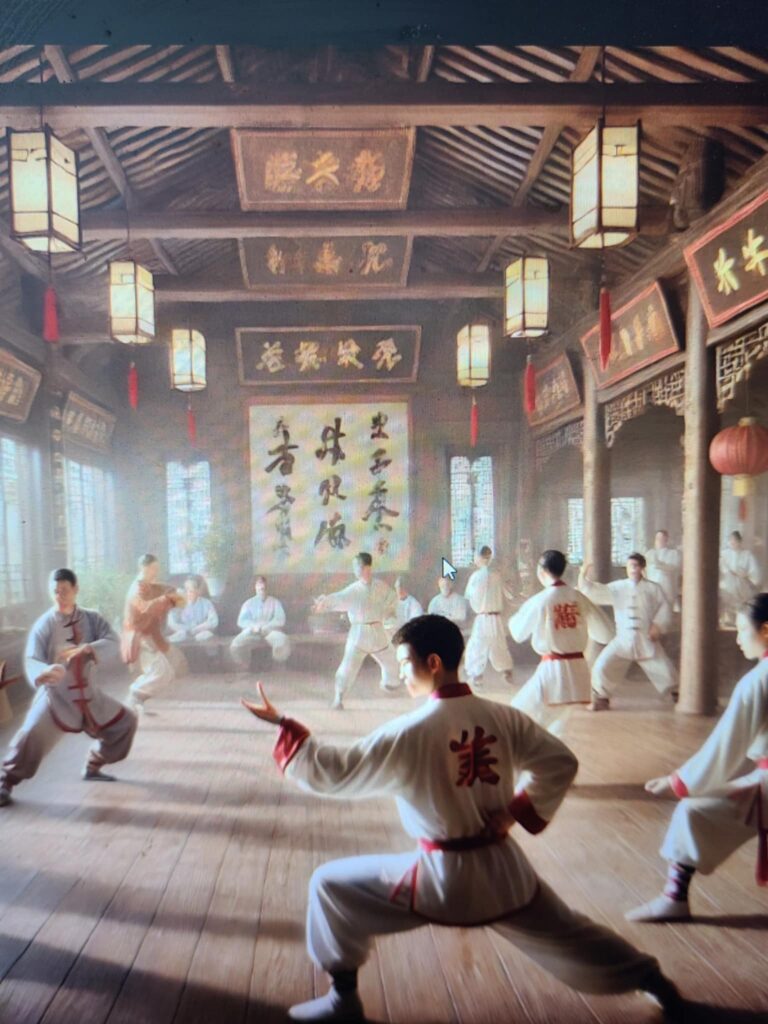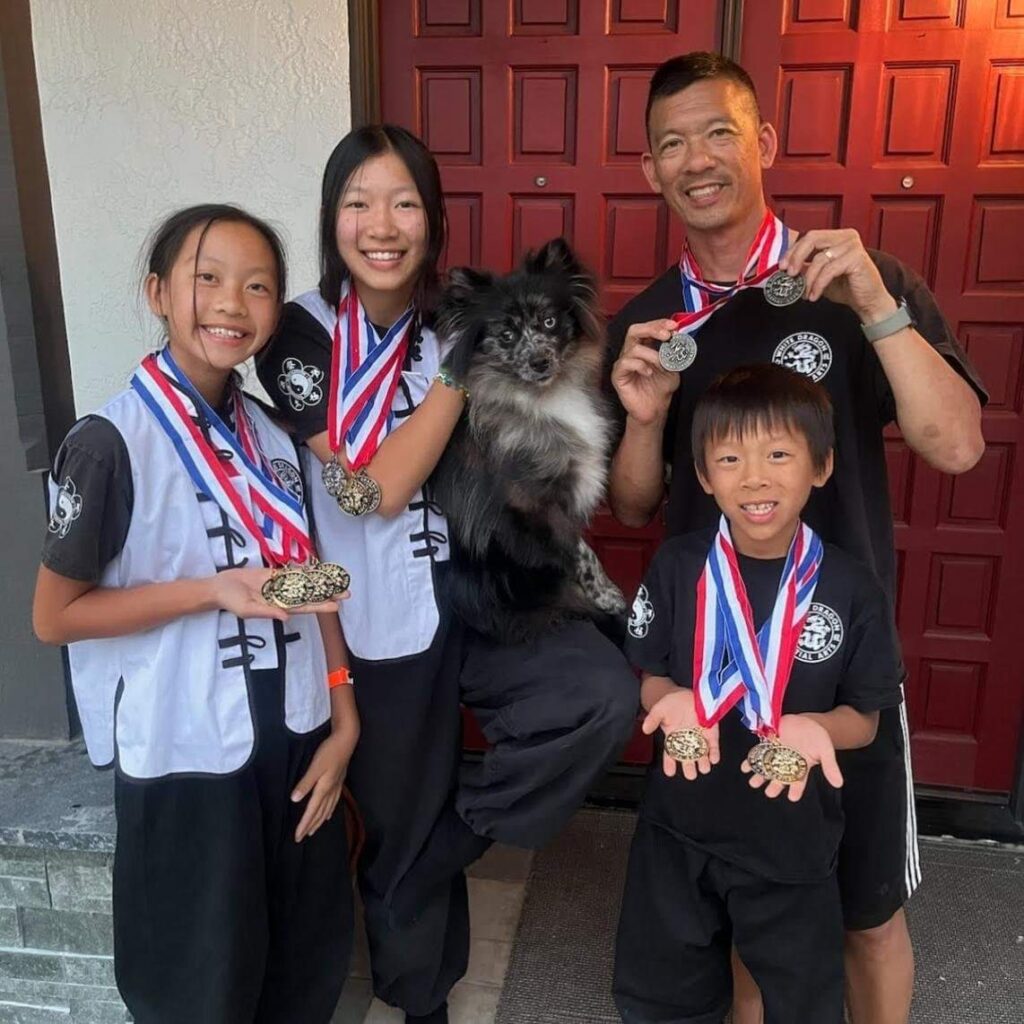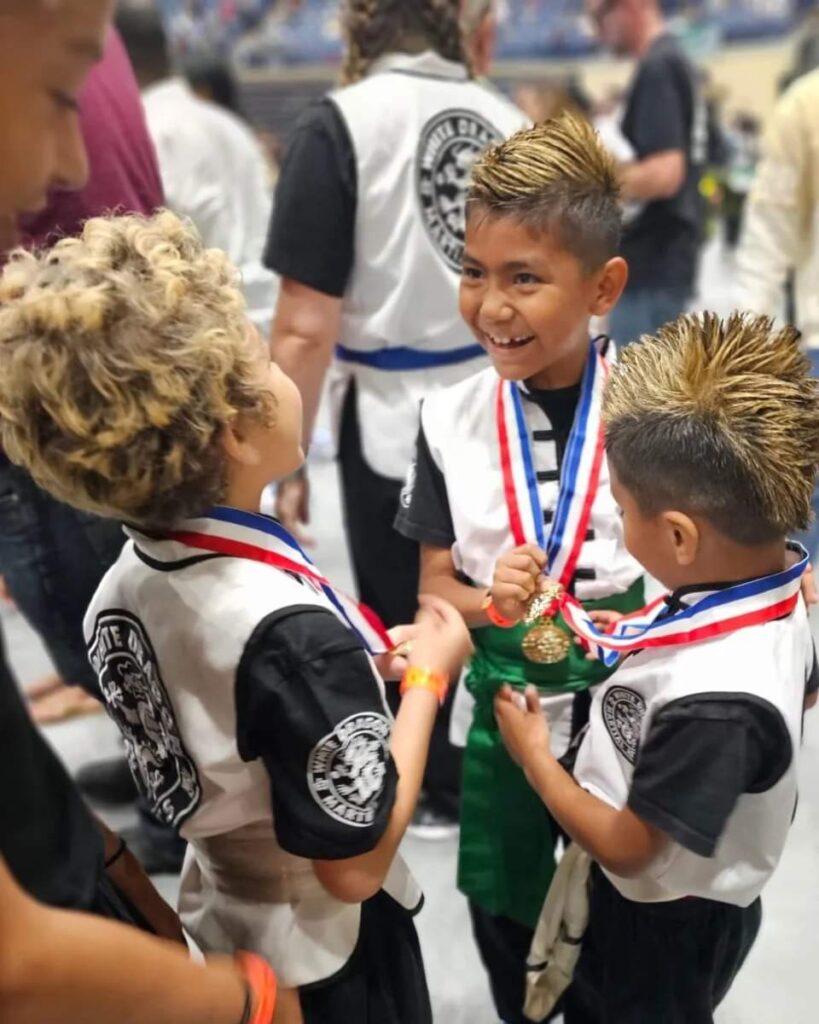Accountability in Action: Taking Responsibility Through Martial Arts
In a world where personal responsibility often takes a backseat to blame-shifting, martial arts offers a refreshing antidote. As a Kung Fu Sifu with over 40 years of experience, I have witnessed countless transformations—individuals learning to own their actions, make better choices, and take control of their lives. Martial arts isn’t just about punches and kicks; it’s about cultivating accountability and empowering individuals to embrace responsibility for their actions, both on and off the mat.
What Is Accountability?
Accountability is the willingness to take responsibility for one’s actions, decisions, and their outcomes. In martial arts, this principle is woven into every aspect of training. From showing up consistently to mastering techniques, students quickly learn that progress depends on their effort and dedication. There’s no shortcut to improvement—just hard work and persistence.
Martial arts teaches accountability in three significant areas:
- Personal Responsibility: Taking ownership of one’s actions and behaviors.
- Commitment to Growth: Staying disciplined and striving for improvement.
- Respect for Others: Understanding how actions affect those around you.
How Martial Arts Instills Accountability
1. Structured Training Promotes Discipline In martial arts, consistency is key. Students are required to follow a structured schedule, practice diligently, and meet expectations. Missing classes or neglecting practice directly impacts progress—an undeniable lesson in personal accountability.
Example: A student preparing for a belt test must demonstrate mastery of specific forms and techniques. If they fail to practice, it shows in their performance. This tangible connection between effort and outcome drives home the importance of taking responsibility for one’s preparation.
2. Immediate Feedback and Reflection The dojo is a space where feedback is immediate and constructive. Mistakes are corrected on the spot, and students must adapt quickly. This environment encourages reflection and self-awareness—key components of accountability.
Example: During sparring sessions, a student who loses control of their temper might compromise their technique. The Sifu’s feedback helps the student recognize this and take steps to regulate their emotions and improve.
3. Setting and Achieving Goals Progressing through the ranks in martial arts requires setting and achieving incremental goals. Whether it’s perfecting a kick or earning a black belt, students learn to take responsibility for their journey and celebrate their achievements.
Example: A teenager struggling with procrastination learns to manage their time effectively by balancing schoolwork with martial arts training. The discipline cultivated in the dojo spills over into other areas of their life.
Lessons in Responsibility Beyond the Mat
Martial arts lessons extend far beyond the dojo. Here’s how accountability learned through training impacts daily life:
1. Academic Success Students who practice martial arts often see improved performance in school. They learn to take ownership of their study habits, meet deadlines, and persevere through challenges.
2. Workplace Performance Adults who train in martial arts develop a strong work ethic and a sense of responsibility in their professional lives. They are more likely to own up to mistakes, collaborate effectively, and show initiative.
3. Relationships Accountability is the foundation of healthy relationships. Martial arts teaches individuals to communicate respectfully, admit faults, and work to repair misunderstandings.
Real-Life Success Stories
From Struggling Teen to Leader One of my students, a teenager named Alex, came to my school with a history of skipping school and deflecting blame. Through martial arts, Alex learned the importance of discipline and responsibility. Today, Alex is a mentor to younger students, helping them follow the same path of growth.
Rebuilding Confidence in Adulthood A working professional named Sarah joined my class after struggling with imposter syndrome. By taking ownership of her progress in martial arts, she gained the confidence to tackle challenges at work. Now, she’s a leader in her department, crediting martial arts for her personal growth.
Psychological Insights on Accountability
Research supports the idea that accountability fosters personal growth and resilience:
- Self-Efficacy and Accountability: A study in Psychology Today highlights how taking responsibility enhances self-efficacy and motivates individuals to achieve their goals. (Source)
- Mindfulness and Ownership: The American Journal of Psychology discusses the link between mindfulness practices, like those in martial arts, and heightened self-awareness and accountability. (Source)
Encouraging Accountability in Children
Parents often enroll their children in martial arts to instill discipline and responsibility. Through training, children learn that their actions have consequences—both positive and negative.
Example: A young student who forgets to bring their uniform to class learns to prepare and take ownership of their responsibilities.
Fostering Accountability in Adults
Adults face unique challenges, from managing careers to raising families. Martial arts offers a supportive environment for adults to reflect on their choices and build habits of accountability.
Example: An adult practitioner juggling a demanding career and training learns to prioritize their time and meet commitments.
Take the First Step Toward Personal Accountability
Martial arts is a journey of self-discovery and growth. It’s not just about physical skills; it’s about becoming the best version of yourself by taking responsibility for your actions and embracing life’s challenges.
Start your journey today! Click here to claim your free private lesson and one week of group classes! #FreeLesson
Final Thoughts
Accountability is the foundation of success, and martial arts provides the perfect platform to cultivate it. Whether you’re a child learning discipline, a teenager gaining confidence, or an adult seeking growth, martial arts offers invaluable lessons that last a lifetime.
Through structured training, immediate feedback, goal-setting, and real-life applications, martial arts empowers individuals to take ownership of their actions and thrive. As a Kung Fu Sifu, I’ve seen firsthand the profound impact martial arts has on building a sense of responsibility. Step onto the mat, and experience the transformative power of accountability in action.



